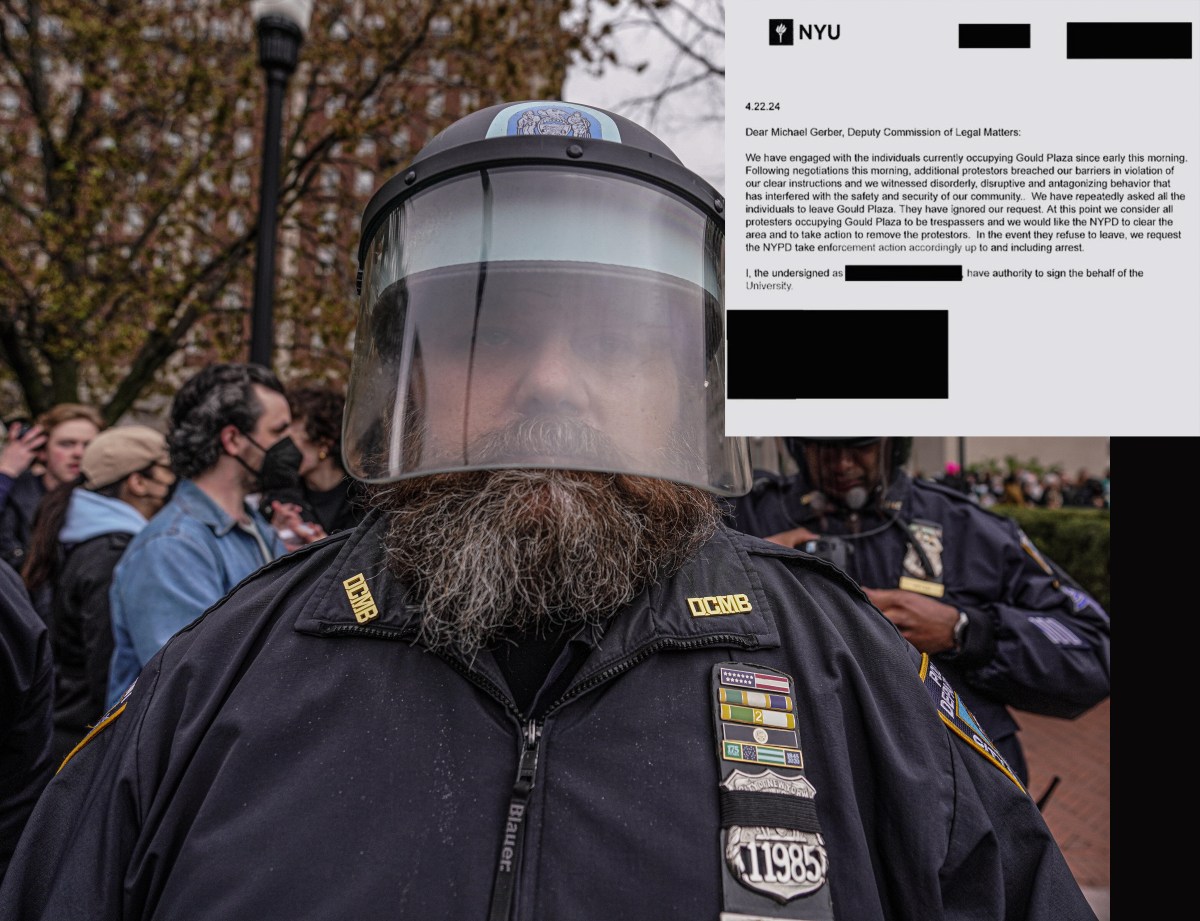LONDON – How could Susan Boyle lose?
Here after all was the Scottish spinster who stepped up to a microphone at a British talent show seven weeks ago wearing an ill-fitting dress and tousled hair only to stun the audience with the voice of a Broadway star. The video of her first appearance on “Britain’s Got Talent” had 220 million hits. Demi Moore twittered her praise.
The bookies made her the favourite; no one dreamed she could lose a public vote for the best act.
But like everything to do with celebrity in Britain, what went up inevitably crashed in a heap of stories about prima donna behaviour. The public apparently grew tired of the fuss.
Boyle on Saturday found herself to be a celebrity supernova, eclipsed by a clever street dancing troupe from Essex, east of London.
“I’m only sorry that the extraordinary tidal wave of publicity she attracted meant so many people got either bored or irritated by Boylemania and decided not to vote for her as a result,” contest judge and former tabloid editor Piers Morgan wrote on his blog.
Boyle dominated the tabloids for weeks. At first, they loved her. She was the frumpy everywoman who belted out “I Dreamed a Dream,” from Les Miserables – a song about lost opportunities that mirrored her own story. Readers warmed to the woman who had been bullied as a child, who had learning disabilities, who sacrificed everything for her aging parents.
But as the video got hits, Boyle tampered with some of the things the public liked best. She dyed her hair. She got new clothes. She tweezed her bushy eyebrows.
The national mood changed.
The tabloid newspapers wrote about how Boyle had lost her temper and swore at two journalists who were taunting her at a London hotel. Singer Lily Allen declared on Twitter that Boyle was “overrated.” Psychologist David Wilson wrote in the Daily Mail that Boyle was being led like “a psychological lamb to the slaughter.”
“Never in our fast-changing history, until Susan Boyle, have we managed to quite so swiftly canonize and then pillory another human being, for our own titillation,” The Observer newspaper wrote Sunday after Boyle’s defeat.
As the final neared, her supporters suggested all the attention had left Boyle in a volatile state. Morgan said that nerves were “almost crippling her” and called for everyone to back off and give her room to breathe.
On the night itself, she appeared on stage in a glamorous sparkly floor-length dress and sang. But by now, there was no surprise that she could sing. There was no wow.
The comments by the judges were warm, but some of the remarks suggested that they, too, had been worried she might crack under the strain.
“A lot of people said you shouldn’t even be in this competition, that you weren’t equipped to deal with it,” judge Simon Cowell told Boyle after her performance. “For what? For you to sit at home with your cat and say ‘I’ve missed an opportunity?’ I totally disagree with that. You had the guts to come back here and face your critics and you beat them.”
She smiled, but seemed shy, almost scared.
By contrast, the winning group, “Diversity” – 11 dancers aged 12 to 25 – mesmerized the audience with a frenetic but precisely choreographed dance routine that featured a Superman costume and a move that poked fun at the way the show’s judges used buzzers to dump second-rate contestants.
“Diversity” throbbed with originality and cohesion. Viewers warmed to their unity – their passion to dance and to do it together. The group whose biggest performance before the show was to appear at a shopping centre for 150 pounds, or $265 Cdn, seemed thrilled to just be on stage.
Cowell, known for his often harsh critiques, said their performance was the “only 10” he had seen so far in the program.
The group won 24.9 per cent of the phone-in vote while Boyle took 20.2 per cent. ITV, which aired the show, said more than 19 million viewers had tuned in, the biggest television audience in Britain in five years.
“Diversity” earned 100,000 pounds, or about $175,000, and the right to perform for the Queen at the Royal Variety Show in December.
But the vote was not the end for Boyle, who is likely to have offers flooding in from record companies and theatre groups in both Britain and the United States.
“The good news for Susan is that we also have a tendency to feel sorry (and slightly guilty) for people after the ‘backlash’, and they usually end up even more popular than they were before,” Morgan wrote.
















